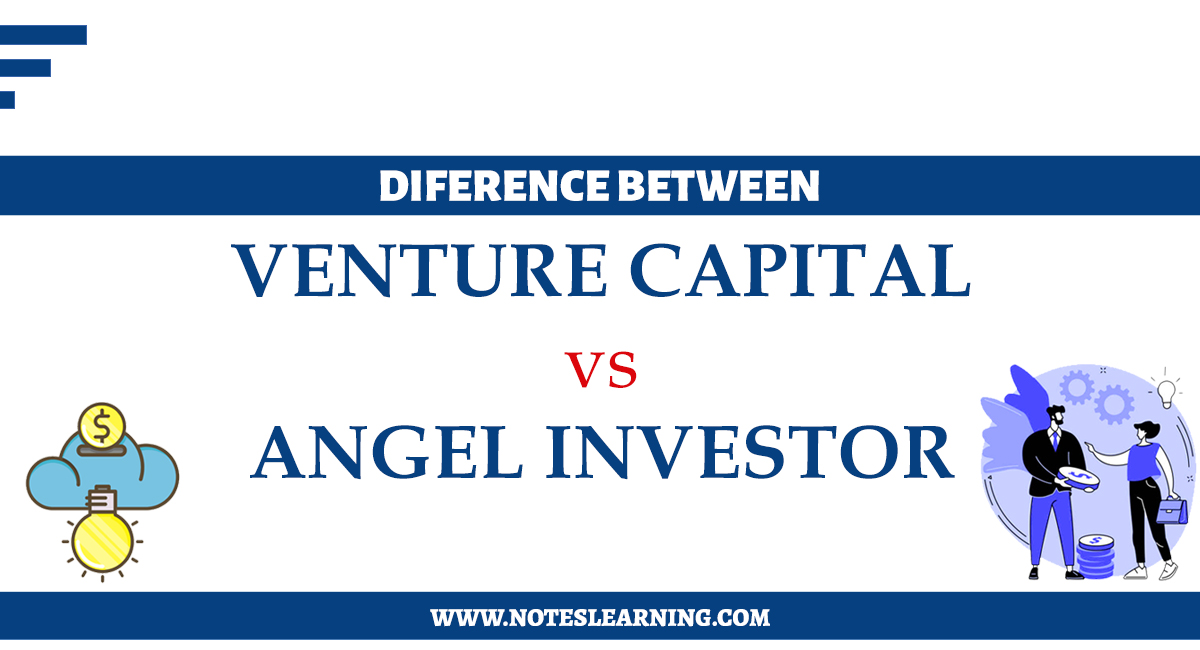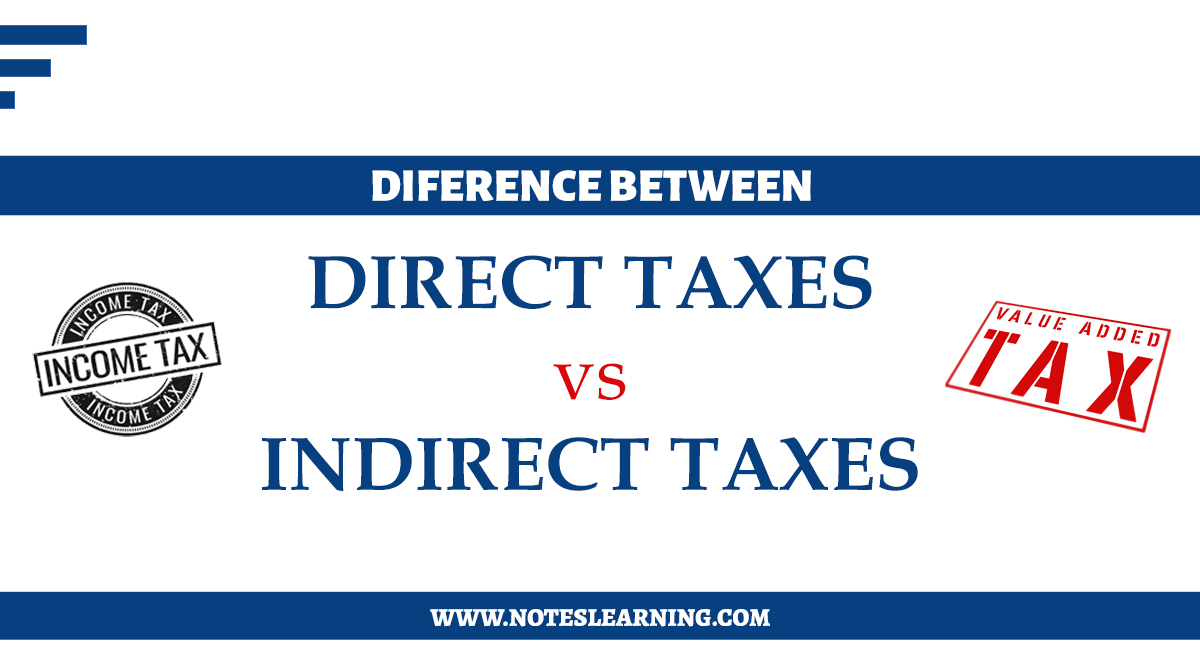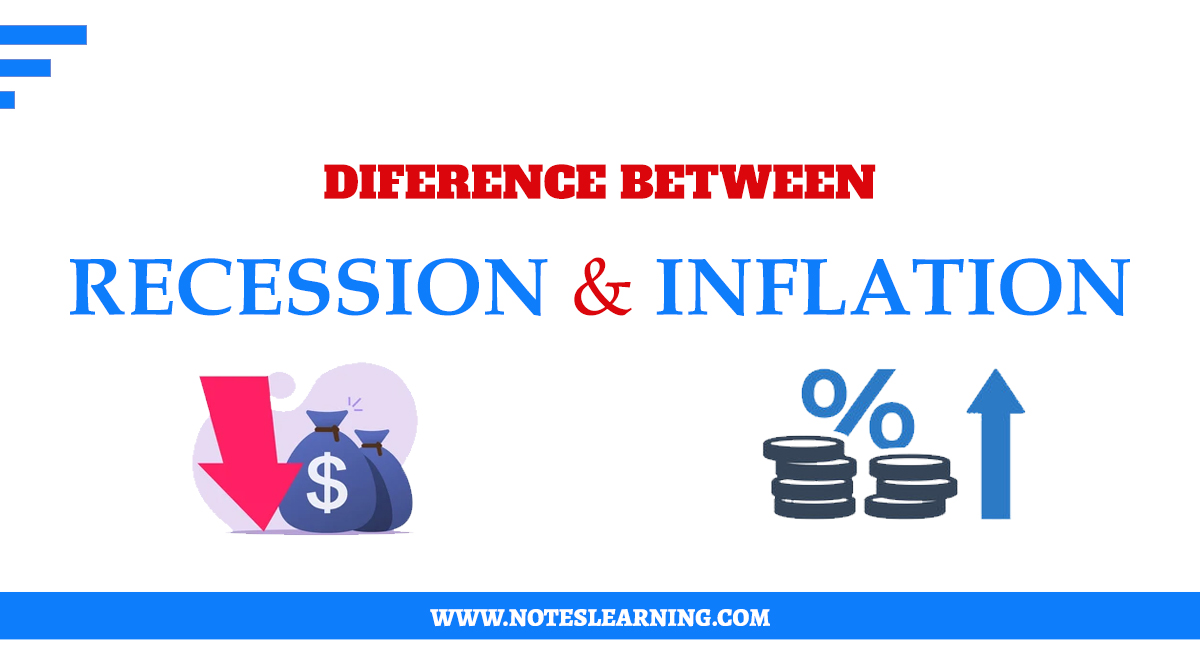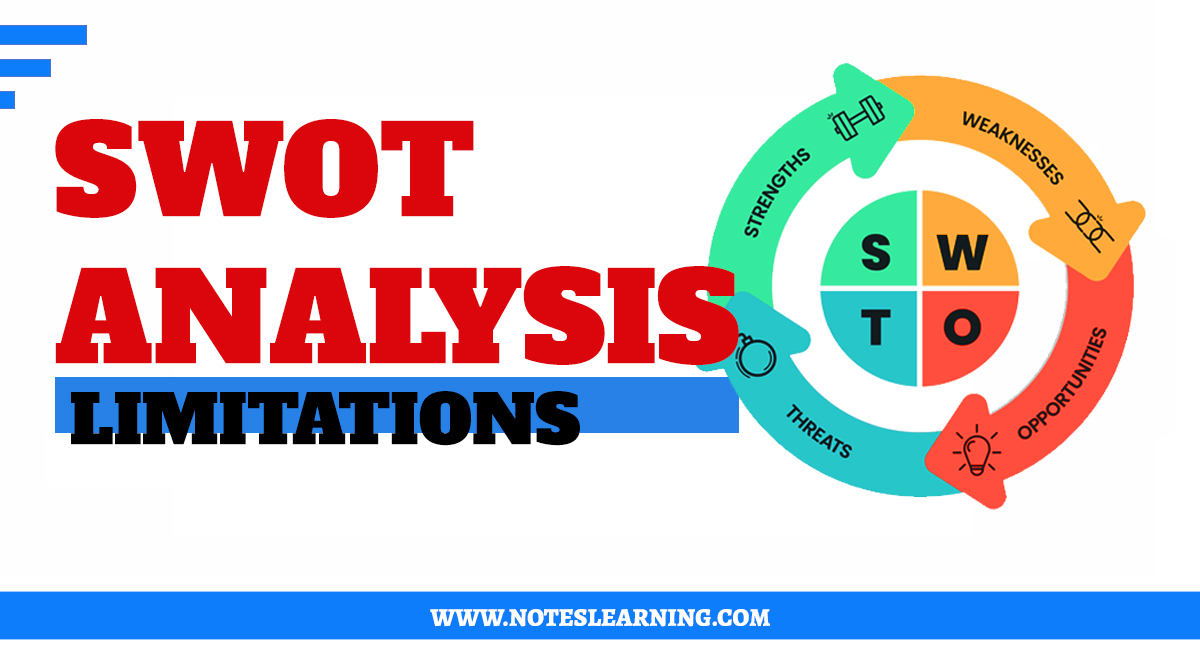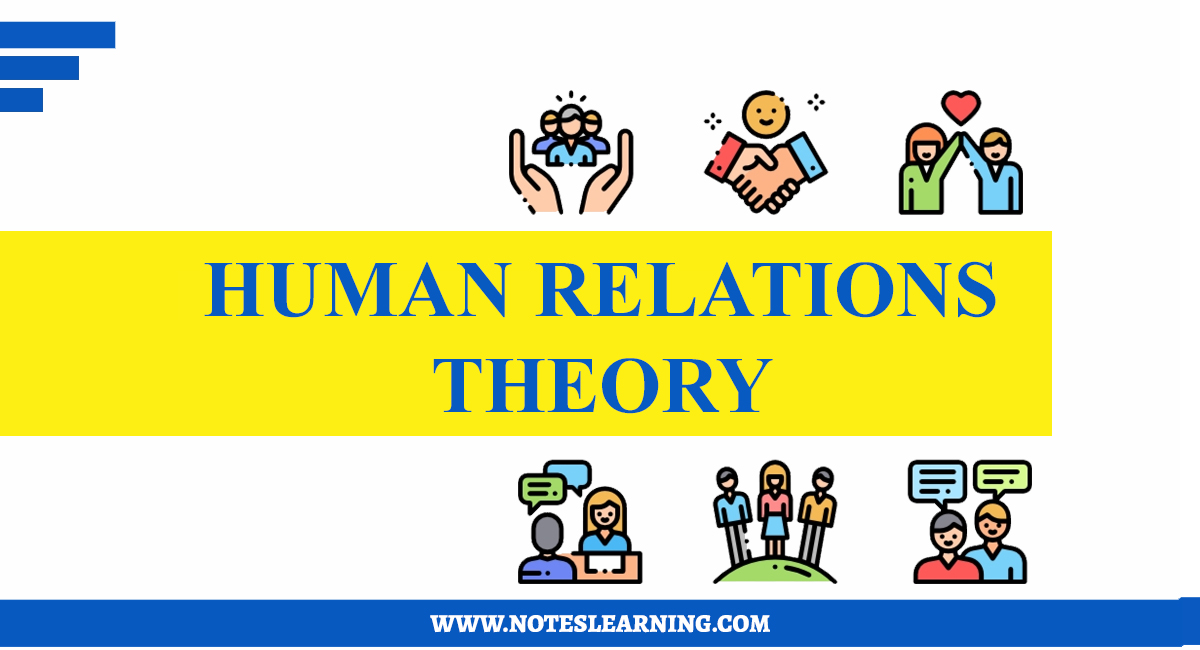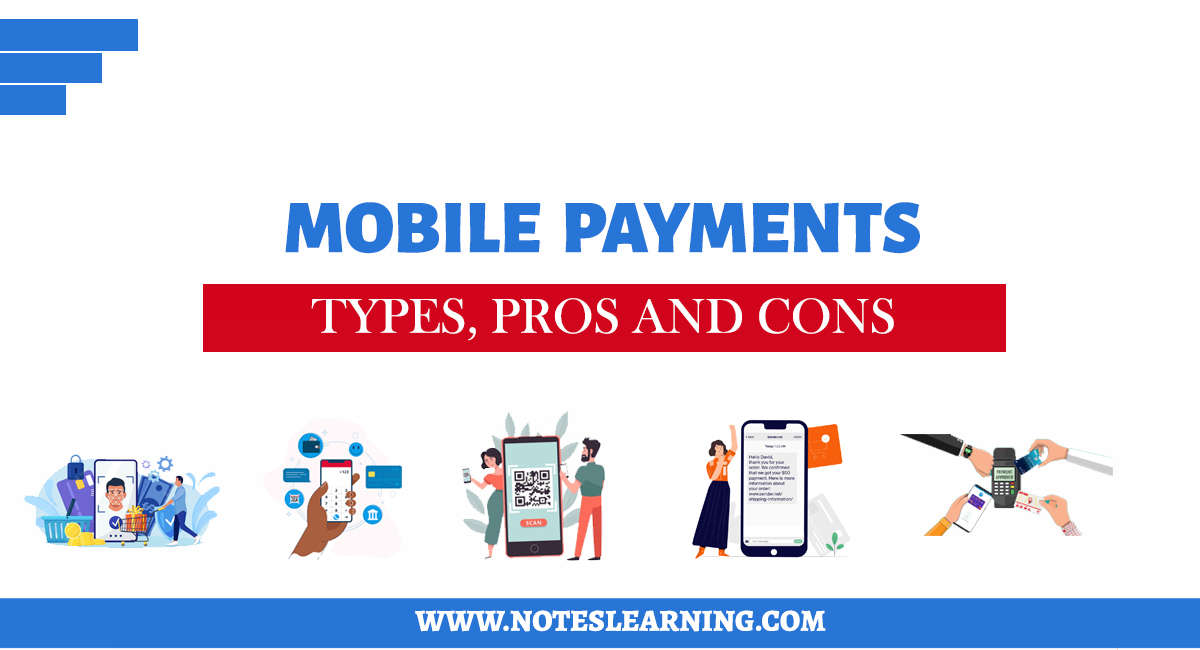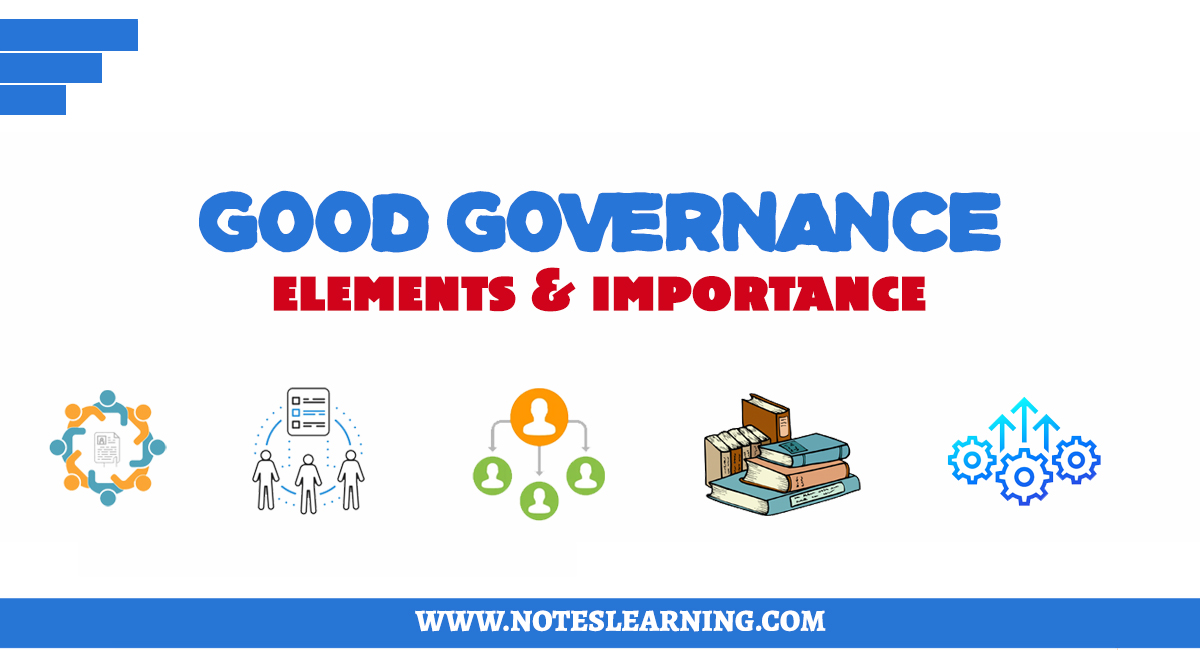Venture Capital vs Angel Investor
Introduction Venture Capital and Angel Investor are two crucial financing sources in an entrepreneurial ecosystem. Both of these aim to support promising startups and drive innovation. In layman terms, both of these financing sources are used synonymously and most of the time misunderstood. Venture capital firms are institutional investors whereas angel investors are typically affluent … Read more

